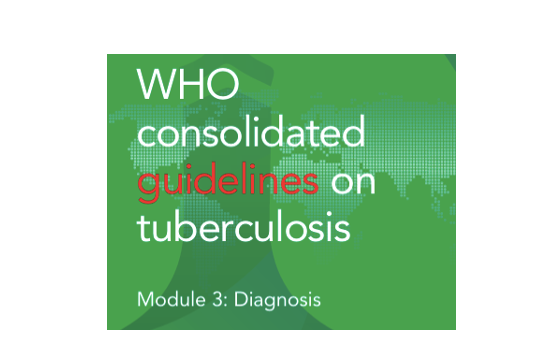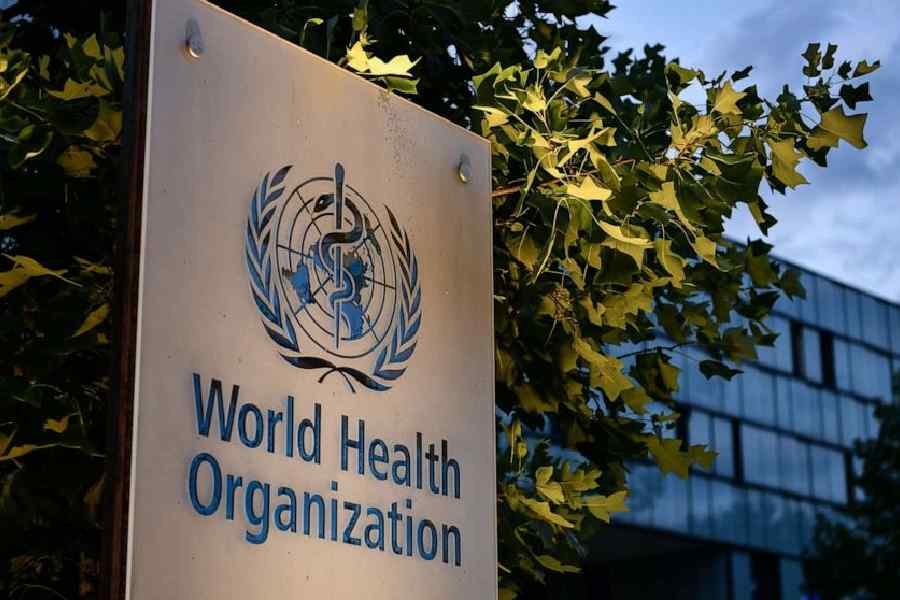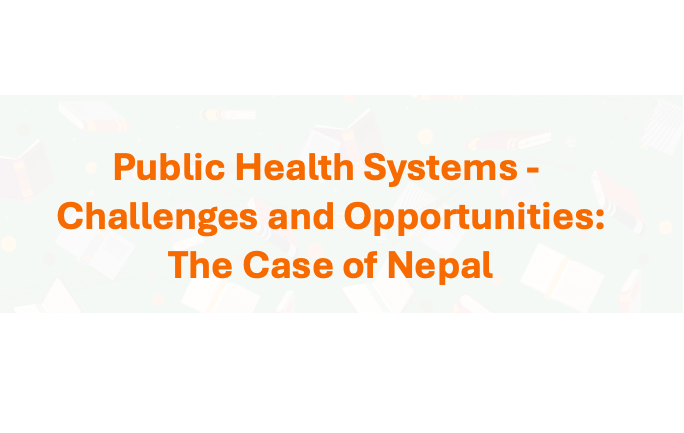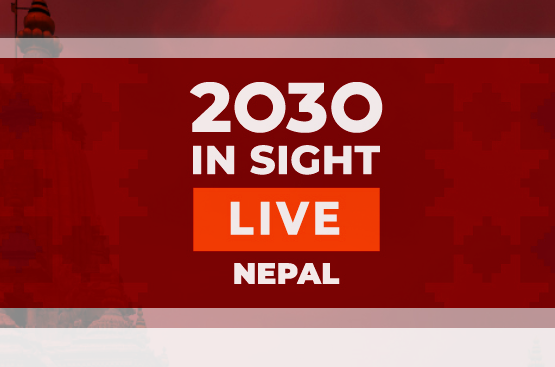Overview
HERD International invites applications from Nepali citizens who have a Master’s degree or equivalent and a strong commitment to a three-year PhD program to join an exciting fellowship opportunity for a fully-funded program in collaboration with the prestigious Liverpool School of Tropical Medicine (LSTM).
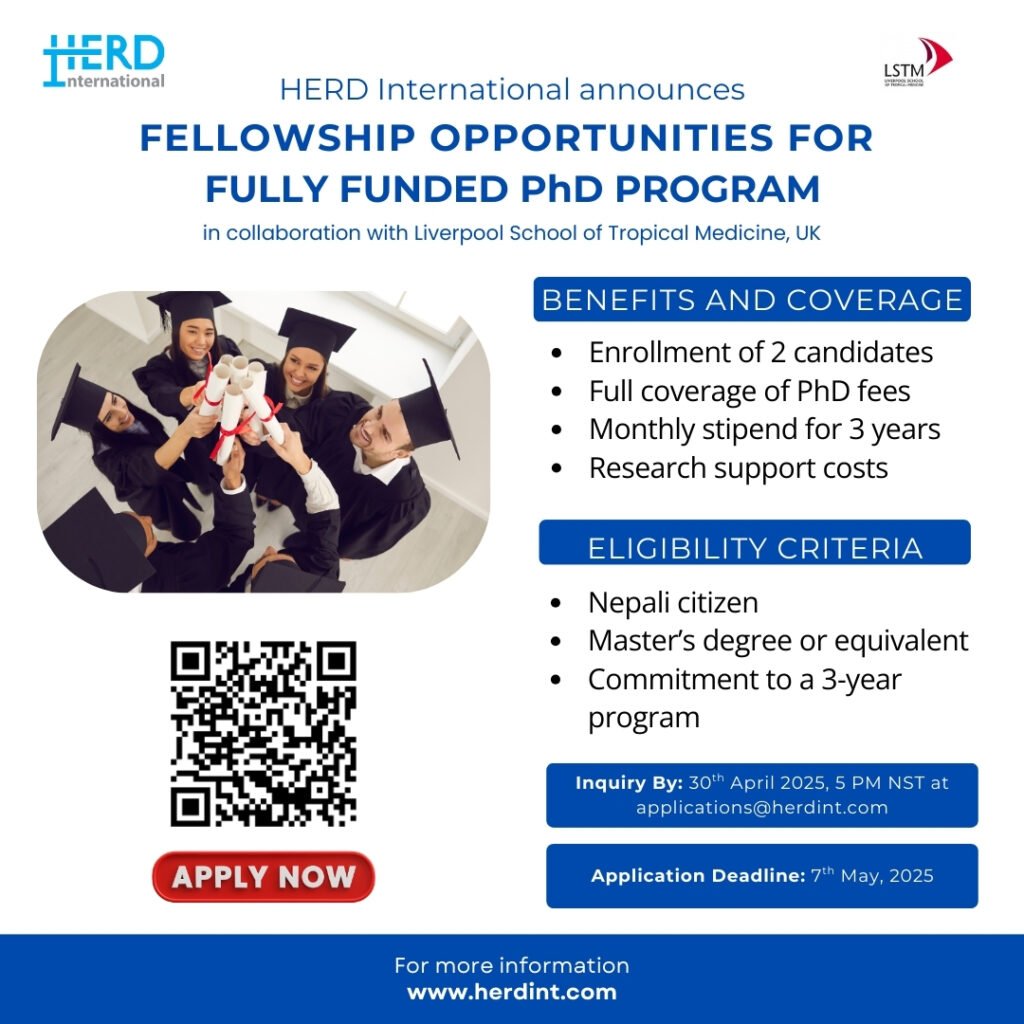
Organization
HERD International is a research and development agency dedicated to generating and utilizing evidence to improve the health and well-being of people. It’s mission involves empowering individuals and communities through collaborative efforts with policy practitioners, researchers, and concerned stakeholders. HERD International, collaborates with national and global partners to strengthen systems and empower communities through inclusive, locally tailored solutions.
Project
Resilient and Equitable Health Workforce to Address Climate Threats (REACT) project, funded by the National Institute for Health and Care Research (NIHR), UK, aligns with organization mission to enhance health workforce responsiveness to climate-related challenges in Nepal. This four-year (2025-2028) research project, funded by National Institute for Health and Care Research (NIHR), UK, is a collaborative effort between the Liverpool School of Tropical Medicine (LSTM), UK, the Center for Sexual Health, HIV & AIDS Research (CeSHHAR), Zimbabwe and HERD International, Nepal.
PhD Opportunity
Through the REACT project, HERD International fosters innovative research and offers two PhD fellowships in collaboration with the Liverpool School of Tropical Medicine (LSTM), enabling fellows to explore critical topics like decentralized governance and climate justice, contributing to resilient health systems and equitable outcomes for vulnerable communities.
Features of PhD Fellowships
- Two candidates for the Fellowship.
- Fellowship linked to a 3-year PhD program.
- Fellows will be based at HERD International.
- Collaboration with the LSTM, which is the awarding body for the PhD.
- Fellows will be co-supervised by a team of LSTM and HERD International.
Fellowship Areas
Fellows will conduct research within the REACT project framework. Two research areas have been proposed.
- Decentralized governance and climate resilience in the health sector – exploring the context, opportunities and challenges.
- Climate justice and health equity: assessing the impact of climate change on health workforce and communities.
Applicants may select one of the above areas.
Eligibility Criteria:
- Nepali citizen
- Master’s degree or equivalent
- Commitment to a three-year PhD program
Benefits: (for 2 candidates)
- Full coverage of PhD fees.
- Monthly stipend to support fellows during the program.
- Research support costs according to project norms.
- Access to LSTM’s academic resources and supervision.
- Networking opportunities and
- More
Location: Central Office, Bhaisepati, Lalitpur
Duration: This immersive, three-year fellowship will run from 2025, to 2028. Planned start date is 1 June 2025.
Required documents for application
Kindly note that, besides personal information, you need to submit the following documents (in PDF format) via an online application form:
- Curriculum Vitae (max 3 pages)
- Personal Statement (maximum 600 words) Addressing
- Which research topic have you chosen and why?
- What motivates you to apply to this program?
- Why do you want to study at LSTM?
- What do you hope to gain from this PhD program?
- How does this fellowship align with your career plans?
- What skills and/or experience would you bring to the PhD community?
- What long-term benefits do you envisage for the REACT consortium?
- A research proposal (maximum 1500 words) under the following headings:
- Project Title
- Abstract
- Research Context and background
- Specific Research Question(s)
- Research Methods
- Approximate research costs
- Bibliography
- Two References
Selection process:
- Applications will be reviewed by fellowship selection committee.
- Shortlisted candidates will proceed to an assessment / interview / presentation phase, conducted in person (preferred) or via virtual.
- The selection process involves one or multiple interview rounds to assess competency, and suitability for the program.
Note:
- Incomplete or incorrect applications may be rejected.
- Application should be submitted using the provided online link.
- One candidate can submit only one application.
- Submitted application documents cannot be returned or changed.
- Fellows will work in coordination with project team.
- Personal information will be managed confidently and used for the selection of suitable and competent candidates.
- Intellectual property related matters will be handled in accordance with HERD International regulations.
Instructions for applying:
- Inquiry by: 30th April 2025, 5 PM NST at [applications @herdint.com].
- Interested and qualified individuals are requested to use the below link for the application to be completed by May 7, 2025.
Fill out the online application form
Only short-listed candidates will be invited to participate in an assessment process. Any effort to influence the selection process will result in disqualification.
HERD International has the right to select candidates for the PhD fellowship in accordance with its policies and procedures, ensuring a fair and merit-based process.
Official Information & PhD Hand book: HERD INTERNATIONAL↗↗
Do you have a website? Looking for the best hosting provider? Here’s a discount code.
Latest Public Health Jobs
Latest Posts
- World Breastfeeding Week 2025: Invest in breastfeeding, invest in the future!
- Handbook on Breastfeeding (For Pregnant Women and Lactating Mother)
- World Lung Cancer Day 2025: Stronger Together: United for Lung Cancer Awareness
- World Hepatitis Day 2025: H̶e̶p̶a̶t̶i̶t̶i̶s̶: : Let’s Break It Down
- Call for Applications! Youth Engagement Task Force on Antimicrobial Resistance (AMR) in Asia-Pacific
Thanks for visiting us.
Disclaimer: The resources, documents, guidelines, and information on this blog have been collected from various sources and are intended for informational purposes only. Information published on or through this website and affiliated social media channels does not represent the intention, plan, or strategies of an organization that the initiator is associated with in a professional or personal capacity, unless explicitly indicated.
If you have any complaints, information, or suggestions about the content published on Public Health Update, please feel free to contact us at blog.publichealthupdate@gmail.com.
#StayUpdated






